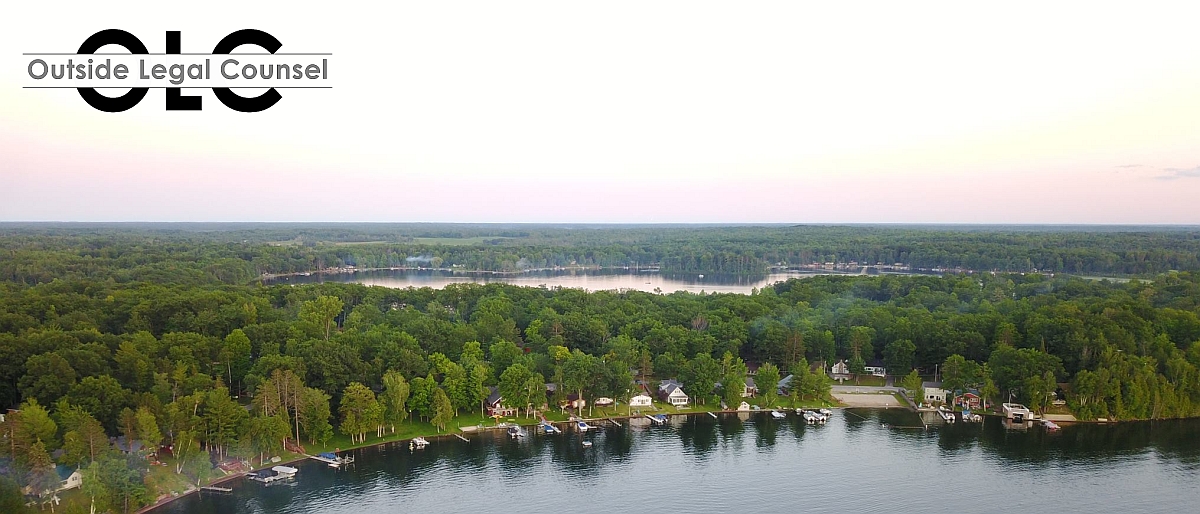In Michigan, property is held by “title”–a legal concept as to who is the owner or are the co-owners of land and homes. However, the declaration of title in a deed also affects who becomes the owner of land and homes at the time of a co-owner’s death.
Careful review of your title is critical. Take the recent case of Lyle Steiner and Steven Steiner.
These two gents were co-owners (their familial relationship to each other is unclear) of a personal residence in St. Clair County, Michigan. The title conveyed the residence to:
LYLE F. STEINER, A SINGLE MAN
and
STEVEN M. STEINER, A SINGLE MAN
This ownership is known as a tenancy in common. The deed did not offer any statement about either owner’s right of survivorship.
Later, Lyle passed away and Medicaid sought reimbursement from his probate estate. The State (on behalf of Medicaid ) sought to claim a stake in and seize the value of Lyle’s half of the residence as a tenant in common.
Steven asked the local probate court to reform the deed (a legal process to alter a title) from a tenancy in common to a joint tenancy with a right of survivorship. In simple terms it would alter the deed to read:
LYLE F. STEINER, A SINGLE MAN
and
STEVEN M. STEINER, A SINGLE MAN,
with full rights of survivorship.
Five additional words would have drastically changed how Lyle’s ownership was passed upon his death. In Michigan, the law provides that all conveyances of land made to two or more persons shall be construed to create a tenancy in common unless expressly declared to be a joint tenancy.
Had the property been titled “with full rights of survivorship,” the property would have been a joint tenancy with a right of survivorship.
A survivorship provision in a deed legally conveys one owner’s partial share to all the other co-owners without the need of probate–it happens automatically by law. By not becoming part of Lyle’s probate estate, creditors (like Medicaid) would not be able to make a claim to the asset.
In practical terms, Steven (as one-half owner before Lyle’s passing) would have become the full owner at the time of Lyle’s death–automatically.
Instead, as a tenancy in common, Lyle and Steven each hold and possess a one-half interest in the residence. Upon Lyle’s death, his probate estate, rather than Steven himself, becomes the one-half property owner. This allowed the government to make a claim against his probate estate.
On Lyle’s death, now Steven keeps only his one-half portion and Lyle’s half becomes subject to payment of claims of creditors.
According the Court of Appeals’ decision, there was some evidence that Lyle had intend to give his one-half share to Steven, rather than to Medicaid. However, the title was never fixed before Lyle’s death. This was legally fatal.
The Court of Appeals ruled that the State could lay claim of Lyle’s interest in the residence. The State will likely be able to now force a partition if Steven can’t afford to buy Lyle’s one-half ownership from the probate estate.
The take away: make sure your deeds are properly titled. Five additional words in the Steiner deed would have prevent Lyle’s share from going to the government and could have been Steven’s to have forever.
(Note: this is why it is often times better to talk to an actual attorney rather than buying a generic deed off the internet.)
